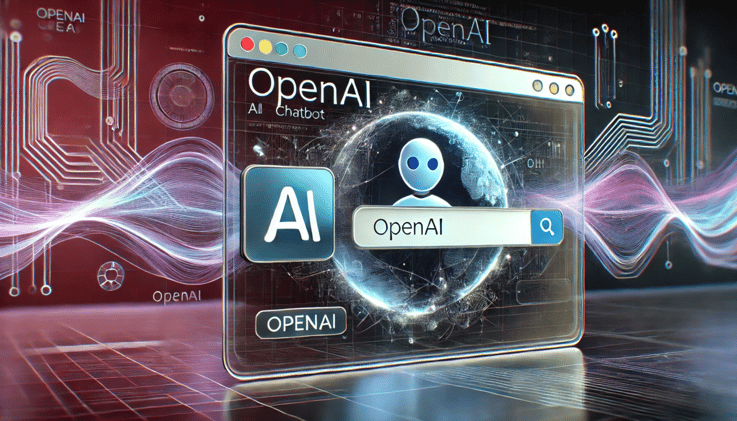AI Takes Wall Street: The New Frontier in Trading
In the fast-paced world of Wall Street, where split-second decisions can make or break fortunes, AI is becoming the new whiz kid. It’s the Gordon Gekko of the 21st century, but without the questionable ethics.
The Rise of AI in Trading
AI is transforming trading from a game of guts and intuition into a precise science. It’s crunching mountains of data, spotting trends that would make a hawk’s eyes cross, and making decisions faster than a Wall Street trader can shout ‘Buy!’ This has significant implications for the market, traders, and investors alike.
The Dark Side of AI in Trading
In "Does an artificial intelligence perform market manipulation with its own discretion?", Takanobu Mizuta explores a fascinating and somewhat controversial aspect of AI in trading. He investigates whether an AI, using a genetic algorithm, can discover market manipulation strategies in an artificial market simulation.
This research is like a Wall Street thriller, but with AI playing the lead role. It shows that AI can learn and execute market manipulation strategies, which is both impressive and a bit scary. It’s like finding out that the new whiz kid on the block might have a dark side.
The Future of AI in Trading: Opportunities and Pitfalls
The promise of AI in trading is as shiny as a brand-new penny stock. It can optimize trading strategies, consider tax implications, and even spot potential market manipulation tactics. However, like any hot stock, it comes with risks.
As Mizuta’s study shows, there’s a potential for misuse. We need to ensure that AI is used responsibly and ethically in the trading arena. We don’t want the Gordon Gekko of AI turning into a Bernie Madoff.
Moreover, while AI is smart, it’s not infallible. It can crunch data and make rapid decisions, but it can also make mistakes. And when AI makes a mistake in trading, it can cost a pretty penny. So, human oversight and intervention will remain crucial in the trading process.
The Practical Aspects of Developing an AI-Based Trading System
Adding to the mix, Marcel Grote and Justus Bogner in their paper "A Case Study on AI Engineering Practices: Developing an Autonomous Stock Trading System" discuss the practical aspects of developing an AI-based trading system. They highlight the importance of solid AI engineering practices to ensure the quality of the resulting system and to improve the development process.
This is a crucial aspect for any Wall Street firm looking to integrate AI into their trading strategies. The world of AI in trading is as exciting as the trading floor on a busy day. It’s a rapidly evolving field, and as we continue to explore and harness the power of AI, one thing is clear: the future of trading will be shaped by this powerful technology.
The Benefits of AI in Trading
AI can bring numerous benefits to the trading world, including:
- Improved decision-making: AI can analyze vast amounts of data and make decisions faster than humans.
- Optimized strategies: AI can optimize trading strategies, consider tax implications, and even spot potential market manipulation tactics.
- Increased efficiency: AI can automate routine tasks, freeing up human traders to focus on high-level strategy.
The Challenges of Implementing AI in Trading
However, implementing AI in trading also comes with its own set of challenges, including:
- Data quality: AI requires high-quality data to make accurate decisions. Poor data quality can lead to suboptimal performance.
- Regulatory hurdles: Regulators may need to create new rules and guidelines for the use of AI in trading.
- Human oversight: While AI can automate routine tasks, human traders will still need to oversee and intervene when necessary.
Further Reading and Resources
For those interested in diving deeper into the world of AI and trading, here are some resources and links to follow:
- ArXiv.org: This is a repository of electronic preprints of scientific papers in various fields, including mathematics, physics, computer science, and quantitative finance.
- **MIT



